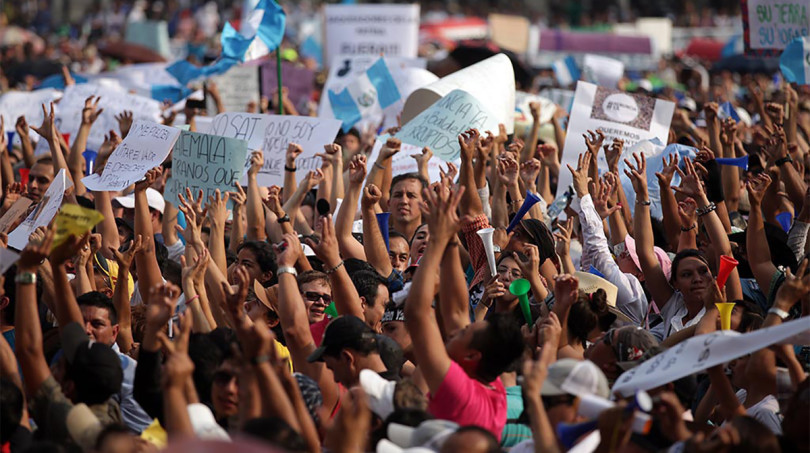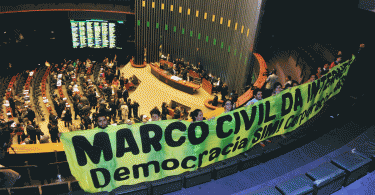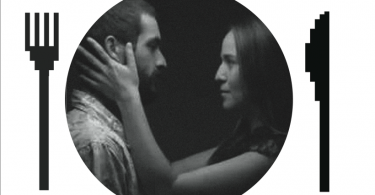For the past six months, Guatemalans have been protesting in the capital’s Constitution Square. Their message is clear: enough is enough, corruption cannot go unpunished. And it’s having a dramatic effect: the number of high ranking authorities who are either under investigation or awaiting trial is growing every day. Vice President Roxana Baldetti was forced to resign and is now in prison. Across society, from private sector industry associations to national student bodies, people are calling for officials to be held to account, and even for President Perez Molina to turn himself in for investigation.
With elections just around the corner on September 6th, a free and open Web is more important than ever to protect citizens’ rights to organise, express their views and hold leaders to account. This is why our Web We Want campaign chose to host our first Policy Lab in Guatemala, led by Renata Avila from the Web Foundation.
Working with local partners, we wanted to find out what Guatemalans think about the current state of the Web in their country. Are their rights adequately protected? What reforms need to be proposed? How can we make sure Guatemalans get Internet rights at the top of the newly-elected government’s agenda?
Policy reform is complex. There is much to achieve, and it takes time and sustained resources. Through the Policy Lab, we assessed what new laws and policies are needed, what the top priorities should be and whether there is enough political will and resources among civil society actors to drive the agenda forward. Importantly, this also requires a readiness to work together with government, the private sector and academia to be successful.
Our first Policy Lab was a great success, gathering influential actors from government, civil society and academia (see full list of participants below). We explained the Web We Want principles of freedom of expression, affordable access, privacy, net neutrality, and decentralised networks and an open Web. This became the basis for a discussion about the policies and laws needed to ensure a healthy Web environment that respects users’ rights and nurtures innovation. We also benchmarked against similar initiatives such as Brazil’s Marco Civil da Internet, the Italian Internet Bill of Rightsand the Copyright Reform strategy promoted by Member of the European Parliament Julia Reda.
Bringing such a diverse group of stakeholders together for the first time to kickstart policy reform and share best practice from other countries was the outcome we’re most pleased about for our first Policy Lab. It shows that diverse groups can come together around a positive vision for the Web. As a next step, the coalition formed at the Policy Lab has decided to propose an initiative inspired by the Brazilian model – an Internet Bill of Rights open for public comment and debate. The group plans to present this approach to the newly elected Congress this November.
In the meantime, the coalition will submit a proposal to be discussed by all the vice presidential candidates, and look for ways to begin integrating the private sector into the coalition. And the Web We Want will continue to engage and mentor the participants throughout this process, acting as a reliable resource as they pursue long-term, meaningful Internet policy reform.
Our goal is to make a positive vision of the Web a reality for all of the people, all of the time. We will learn from and build on the work of the Guatemalan Policy Lab as part of our global pursuit of a free and open Internet. The success of this first Policy Lab has encouraged us to replicate the format in even more countries where we see the opportunity to influence Internet policy in the best interests of its citizens, bringing all the actors to the table.
Participants included: the Presidential Commission for Transparency, which oversees governmental use of technology, advisors to congress people from the Commissions of Legislation and Technology, Congressional Advisor Jorge Rodas, Campus Tec, Creative Commons Guatemala, the national student organisation CEUG, the legislative commission of the university students, Demos Guatemala(led by former UN Special Rapporteur on Freedom of Expression Frank La Rue), Congreso Transparente, emerging digital media outlets Nomada.gt and Diario Digital.




Welcome to VoteForBernie.org! Join us in supporting Bernie Sanders’ fight for healthcare, climate action, and economic justice. Together, we can create a future that works for everyone. https://voteforbernie.org/